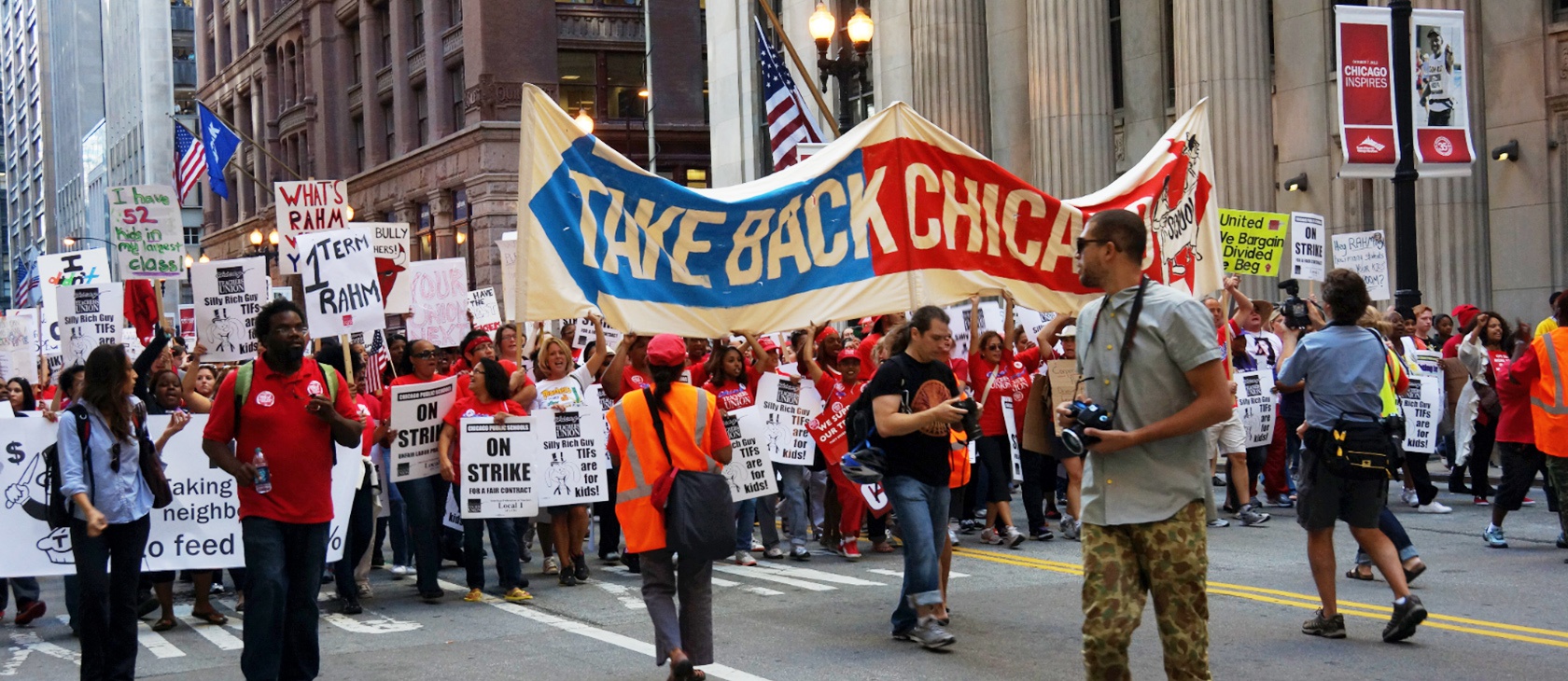The U.S. Supreme Court took a significant step toward restoring individual liberty in the government-sector labor market with its recent Janus decision. The details of the case were outlined for the Acton Institute by retired federal Judge, Janice Rogers Brown. In brief, the Court ruled that henceforth no government employee would have to pay any labor union any fee as a condition of continued government employment. While the Janus decision is cause for liberty lovers to celebrate, it leaves in place an equally burdensome affront to individual liberty in government employment -- exclusive representation. It should be replaced by members-only representation.
A union acquires exclusive representation privileges if it wins a majority vote in a certification election among workers whom it seeks to represent. A winning union gets to represent the workers who voted for it, the workers who voted against it, and the workers who didn’t vote. When a union is certified by such a vote, individual workers are even forbidden to represent themselves on terms and conditions of employment. It is a winner-take-all rule.
Union apologists justify exclusive representation on the grounds that it is democratic. They analogize it to winner-take-all elections for members of Congress. However, unions are not governments. They are private entities in the business of labor representation.
Moreover, the Constitution requires members of Congress to stand for reelection on a regular basis. Under exclusive representation a winning union never has to stand for reelection. It is one worker, one vote, once.
State has for its office to protect natural rights, not to destroy them.
The Constitution forces numerical minorities to submit to the will of numerical majorities, but only on matters within the authorized scope of government. Private entities may choose to make their decisions by majority rule, but government cannot legitimately force them to do so. Nor may government legitimately force private individuals to associate with any private organization.
While the Janus decision was based on the First Amendment’s guarantee of free, uncoerced political speech, exclusive representation in government employment may be challenged as a violation of workers’ First Amendment freedom of association. If I represent you, you and I are associated with each other on the matters covered by such representation. Exclusive representation forces individual government workers to accept association with a union, which is a private organization, for purposes of representation on terms and conditions of government employment.
Freedom of association is not merely a legal concern. In the Catholic social tradition, it forms the moral basis for labor unions. Pope Leo XIII, for example, in his pathbreaking social encyclical Rerum Novarum (1891), identifies labor unions as one form of “private society.” And entering into such societies is “the natural right of man; and the State has for its office to protect natural rights, not to destroy them.”
Justice Alito, who wrote the majority opinion in Janus, acknowledged that “[d]esignating a union as the employees’ exclusive representative substantially restricts the rights of individual employees.” However, he accepted exclusive representation on the grounds that it makes it easier for government agencies to manage their labor relations. He suggested that, if a government agency had to deal with several different unions and/or different individual employees concerning the terms and conditions of employment, it might impair the ability of the agency to carry out its responsibilities. Part of his justification for banning agency fees was that doing so wouldn’t impair exclusive representation.
So, it appears that the next step toward worker freedom in government employment, the abolition of exclusive representation, will not soon come from the Court.
But it doesn’t have to come from the Court. Now that Janus has banned the forced-fees model of government labor relations, individual state governments and unions may start to experiment with alternative models. A few states, such as Wisconsin, are already experimenting with requiring unions to stand for recertification on a regular basis.
Justice Alito’s suggestion that exclusive representation is necessary for government agencies to operate effectively is unfounded.
Justice Alito’s suggestion that exclusive representation is necessary for government agencies to operate effectively is unfounded. The alternative to exclusive representation is members-only representation. Each union would represent its voluntary members and no one else. Individuals who choose to represent themselves would be free to do so.
Members-only representation was common in the private sector before the National Labor Relations Act was enacted in 1935. It was endorsed by President Roosevelt in his March 25, 1934, settlement of a representation dispute in the automobile industry. Typically, the unions representing their individual members in an enterprise formed a bargaining committee made of representatives from the unions in portion to their respective worker members.
Some state bastions of government union privilege — for example New York, New Jersey, Illinois and California — may react to Janus by imposing new forms of coercion on government workers and taxpayers at the behest of unions, including new taxes dedicated to union support. New York’s Gov. Andrew Cuomo signaled as much by proclaiming, “The Supreme Court just did what Republicans and big business have sought to do for years—attempt to undermine the strength of the labor movement. But not here in New York. Not now, not never (sic).”
On the other hand, other states may experiment with different ways of implementing members-only representation. Moreover, since non-members can no longer be forced to contribute to unions, unions themselves may reluctantly experiment with members-only representation. Nothing in current law prevents them from doing so. Experimentation leads to discovery, and discovery leads to problem solving. Discovery is open ended. It is impossible to grasp all the possibilities before the fact. Freedom is the essential prerequisite for positive-sum (mutual gains) discovery.
It may turn out that members-only representation, in many different forms, emerges as the model of labor relations preferred by most labor market participants. If so, it would not be the first time that one advance of liberty led to another.
Featured image used under Creative Commons license (CC BY 2.0).



